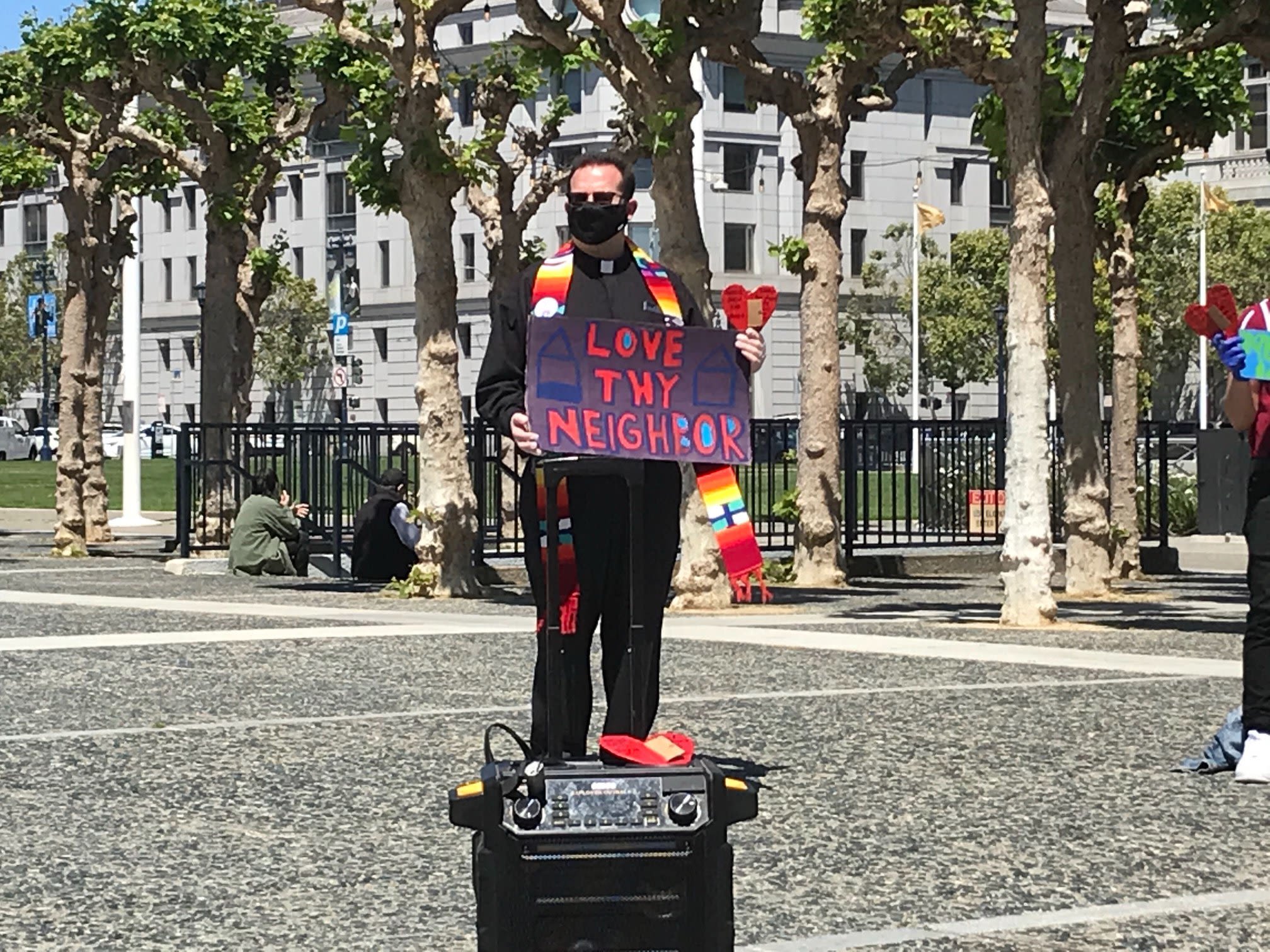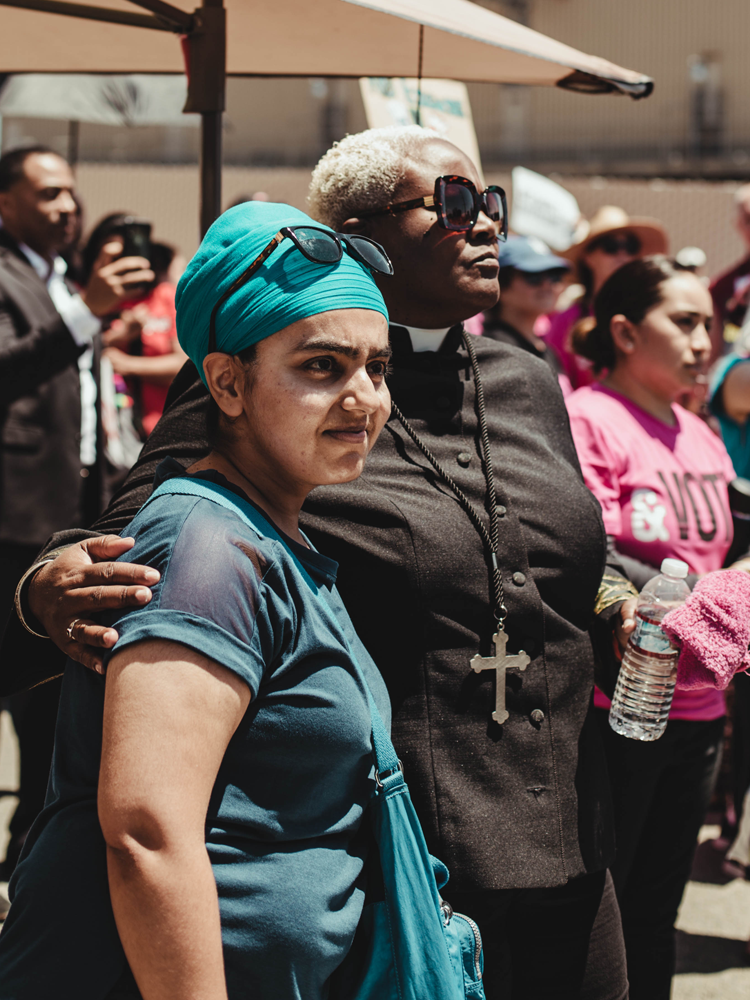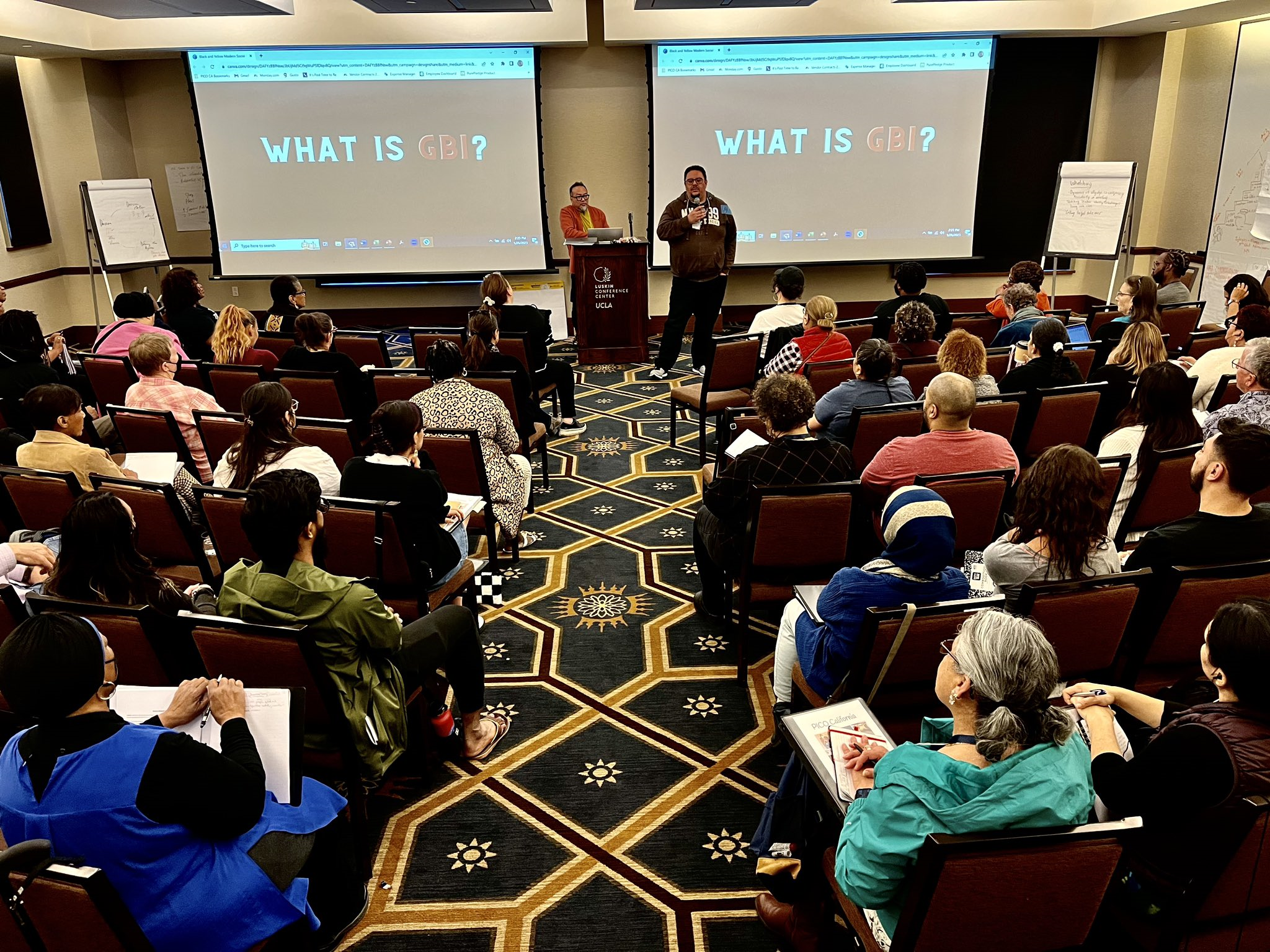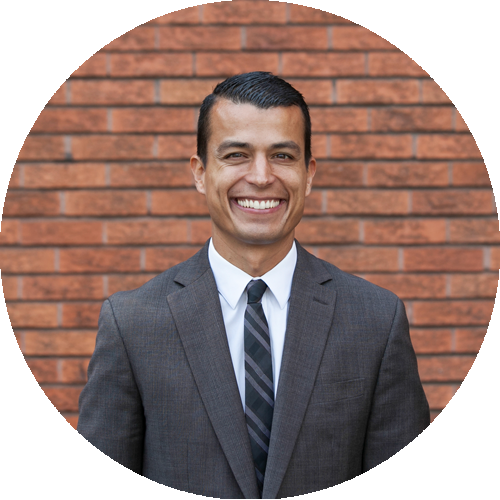Investing in an Economy of Belonging

Our economy needs a moral revolution. Take California, for example. Despite having the world’s fifth-largest economy, the state produces immense racial and economic inequality, exacerbating pressures on workers paid wages so low they can’t even afford housing.
Multiple crises during the past three years — a global pandemic, critical shortage of affordable housing and inflation — have intensified the suffering. These crises have displaced families, forcing tens of thousands of people into houselessness. An increasing number of people must work multiple jobs to survive.
“We have reached a point where our fundamental economic structures are driving unprecedented inequality, social divisions, and ecological destruction, amidst a politics of polarization, fragmentation, and alienation,” write professors Manuel Pastor and Chris Benner in their recent book Solidarity Economics.
We believe that the root of the brokenness in our economy and society is a crisis of belonging. The question of “who matters?” is at the heart of determining how our economy works – and for whom.
We also believe there’s a key strategy that philanthropy can pursue to give low-wage workers essential tools to take a proactive role in deciding their own futures: supporting people-centered community organizing to pass policies. A prime example could be a guaranteed basic income.
Guaranteed basic incomes (GBI) can transform the economy and empower people to meet their own needs and make their own choices. Unlike many safety net programs, they do not hamper low-wage workers by constantly threatening to withhold benefits.
As members of PICO California, the state’s largest faith-based organizing network, we believe the moral economic revolution must be rooted in an ethos of belonging. All our spiritual traditions offer guidance for how a moral economy should function.
An Islamic Hadith states: “A charity is due for every joint in each person on every day the sun comes up (Al-Bukhari).” The book of Deuteronomy (15:7-8) states: “If one of your kindred is in need in any community in the land which the Lord, your God, is giving you, you shall not harden your heart nor close your hand against your kin who is in need. Instead, you shall freely open your hand and generously lend what suffices to meet that need.”
Our shared moral traditions are clear. We must judge our success by the degree to which the people on the peripheries are living better, healthier lives. This starts with making sure workers are paid enough to afford life’s basic necessities. Any strategy must also include protecting and producing affordable housing protection for California’s lowest earners.


Today, a family renting a two-bedroom apartment in most California regions pays an average of $2,300 per month. A person must earn $61.50 per hour to afford this. Yet average hourly wages are $16-$25. That means working three or four full-time jobs.
Black and Latino families are four times more likely to be rent burdened than White families. Formerly incarcerated people face the greatest barriers to housing, and over 60% of our unhoused siblings are formerly incarcerated.
Such poverty also provides an extreme burden for low-wage working mothers like Sister Xi and Teofila Utuc Marroquin.
Sister Xi is an African-American Muslim community leader and a single mother in Sacramento. She works full-time at a Walmart and picks up other jobs to pay the rent. Many of her co-workers live in cars and shower at gyms.
Teofila is an indigenous asylum seeker and mother from Guatemala. When she arrived in Los Angeles in 2019, she was robbed of her few possessions. An unhoused person saw her sobbing on the street and walked her to Dolores Mission Catholic Church in the Boyle Heights neighborhood, where she found shelter and support.
Teofila felt fortunate to find jobs peeling vegetables and cleaning buses. She needed two jobs to pay rent for a small room with no bathroom. A few months into her food processing job, however, she badly injured her knee. Without health insurance or proper care, she had to leave the cleaning job.
“Es difícil la vida (life is difficult)”, she says.
The stories and experiences of mothers like Xi and Teofila point to the broken nature of our economy. But they also shine a light on what is possible in a revolutionized economy that puts people and their dignity at the center.
Guaranteed basic incomes reflect the possibilities of an economy of belonging. They would help people like Xi and Teofila to meet their own needs and make their own choices.
Data available shows the effectiveness of these programs. The Stockton Economic Empowerment Demonstration (SEED), enacted by then-Mayor Michael Tubbs, provided a $500 monthly stipend to 125 randomly selected residents making below the city’s median income of $46,033. During the first year of the two-year pilot, full-time employment among UBI participants rose 12 percentages points compared to just five percentages points among the control group.
One participant used the stipend to take an unpaid internship that led to a paid position; another used it to attain a real estate license. Nearly all spent it on basic needs — housing, food, merchandise, utilities, car expenses — and less than 1% toward alcohol or tobacco.
With help from private philanthropists, California cities like Oakland, Los Angeles and San Francisco have also instituted GBIs. The same goes for cities like Atlanta and Tacoma. But pilot programs are not enough. We must move with urgency to find ways to generate dedicated public revenue to fund sustainable GBI programs.
The promise of GBI policies, coupled with renter protections and affordable housing, is evident. Key to winning these urgent structural and policy changes is centering the stories and unlocking the power of low-wage workers.
The way we win policy changes such as GBI is as important, if not more important, than policy changes themselves. We will only compel big, enduring economic revolutions if those most directly impacted are driving the change we need.
Philanthropy can help more low-wage workers on the margins become authors of their own futures, rather than just consumers of a future given to them. This is what an economy of belonging looks like.


Joseph Tomás McKellar is the Executive Director of PICO California, the largest faith-based organizing network in California, whose mission is to catalyze faith-based and spiritually-centered people power in California to create systemic change.
This content was paid for by The James Irvine Foundation and created by PICO. The editorial staff at The Chronicle had no role in its preparation. Find out more about paid content.



